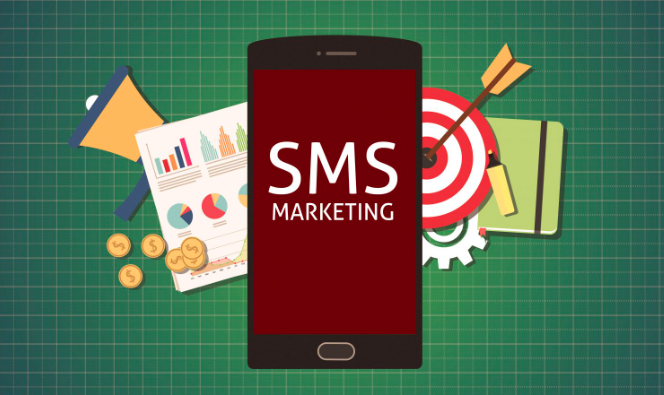In today’s digital age, businesses are constantly seeking innovative ways to engage with their audience and drive conversions. One such method that has gained significant traction is SMS marketing. Leveraging the power of text messaging, businesses can establish direct communication channels with their customers, delivering targeted messages that resonate and drive action.

The Importance of SMS Marketing
SMS marketing offers unparalleled advantages in today’s crowded digital landscape. Unlike emails or social media posts, text messages have an astonishing open rate, with the majority being read within minutes of receipt. This immediacy ensures that businesses can quickly capture their audience’s attention and convey time-sensitive information effectively.
How SMS Marketing Works
At its core, SMS marketing involves sending promotional or informational messages to a targeted list of subscribers via text messaging. Businesses can utilize dedicated text message marketing platforms or integrate text message functionality into their existing marketing automation systems to streamline the process. Messages can range from promotional offers and product updates to appointment reminders and event notifications.
Benefits of SMS Marketing
Direct and Immediate Communication
Unlike other marketing channels, SMS provides a direct line of communication to customers’ mobile devices, ensuring that messages are delivered promptly and efficiently.
High Open Rates
With open rates exceeding 90%, SMS messages have a significantly higher chance of being read compared to emails or social media posts, making them an effective tool for reaching and engaging with customers.
Personalized Messages
SMS marketing allows businesses to personalize messages based on customer preferences, purchase history, and demographics, creating a more tailored and relevant experience for recipients.
Strategies for Effective SMS Marketing
Building Opt-In Lists
To comply with regulations and foster trust with customers, businesses should obtain explicit consent before adding individuals to their text message marketing lists. Offering incentives or exclusive discounts can encourage customers to opt in voluntarily.
Crafting Compelling Messages
The success of an SMS marketing campaign hinges on the quality of the message content. Messages should be concise, and engaging, and offer clear value propositions to recipients.
Timing and Frequency
Finding the right balance between frequency and timing is crucial in text message marketing. Overwhelming recipients with too many messages or sending them at inconvenient times can lead to opt-outs and decreased engagement.
Compliance and Legal Considerations
When implementing text message marketing campaigns, businesses must adhere to legal regulations such as the Telephone Consumer Protection Act (TCPA) and the General Data Protection Regulation (GDPR). Ensuring compliance not only protects consumers’ rights but also shields businesses from potential legal repercussions.
SMS Marketing Platforms and Tools
A myriad of text message marketing platforms and tools are available to streamline campaign management, automate workflows, and track performance metrics. From bulk messaging solutions to advanced analytics dashboards, these tools empower businesses to execute targeted and data-driven campaigns with ease.
Case Studies: Successful SMS Marketing Campaigns
Several businesses have achieved remarkable success with text message marketing. From retail promotions and flash sales to appointment reminders and loyalty programs, SMS campaigns have proven to be versatile and effective across various industries.
Measuring Success: Metrics and Analytics
To evaluate the effectiveness of text message marketing initiatives, businesses should track key performance indicators such as open rates, click-through rates, conversion rates, and customer engagement metrics. Analyzing these metrics provides valuable insights into campaign performance and enables iterative improvements over time.
Also read: Substance Abuse Evaluation in Georgia: Essential Questions for Thorough Assessment
Challenges and Limitations of Text Message Marketing
Despite its effectiveness, text message marketing also presents challenges and limitations. These may include regulatory compliance issues, message deliverability issues, and the need for continuous optimization to maintain relevance and engagement.
Future Trends in Text Message Marketing
As technology evolves and consumer behavior shifts, the landscape of text message marketing continues to evolve. Emerging trends such as AI-driven personalization, multimedia messaging, and integration with other communication channels are poised to shape the future of text message marketing strategies.
Conclusion
In conclusion, SMS marketing represents a powerful tool for businesses to connect with their audience, drive engagement, and achieve marketing objectives effectively. By leveraging the immediacy and accessibility of text messaging, businesses can deliver targeted messages that resonate with recipients, ultimately driving conversions and fostering long-term customer relationships.

